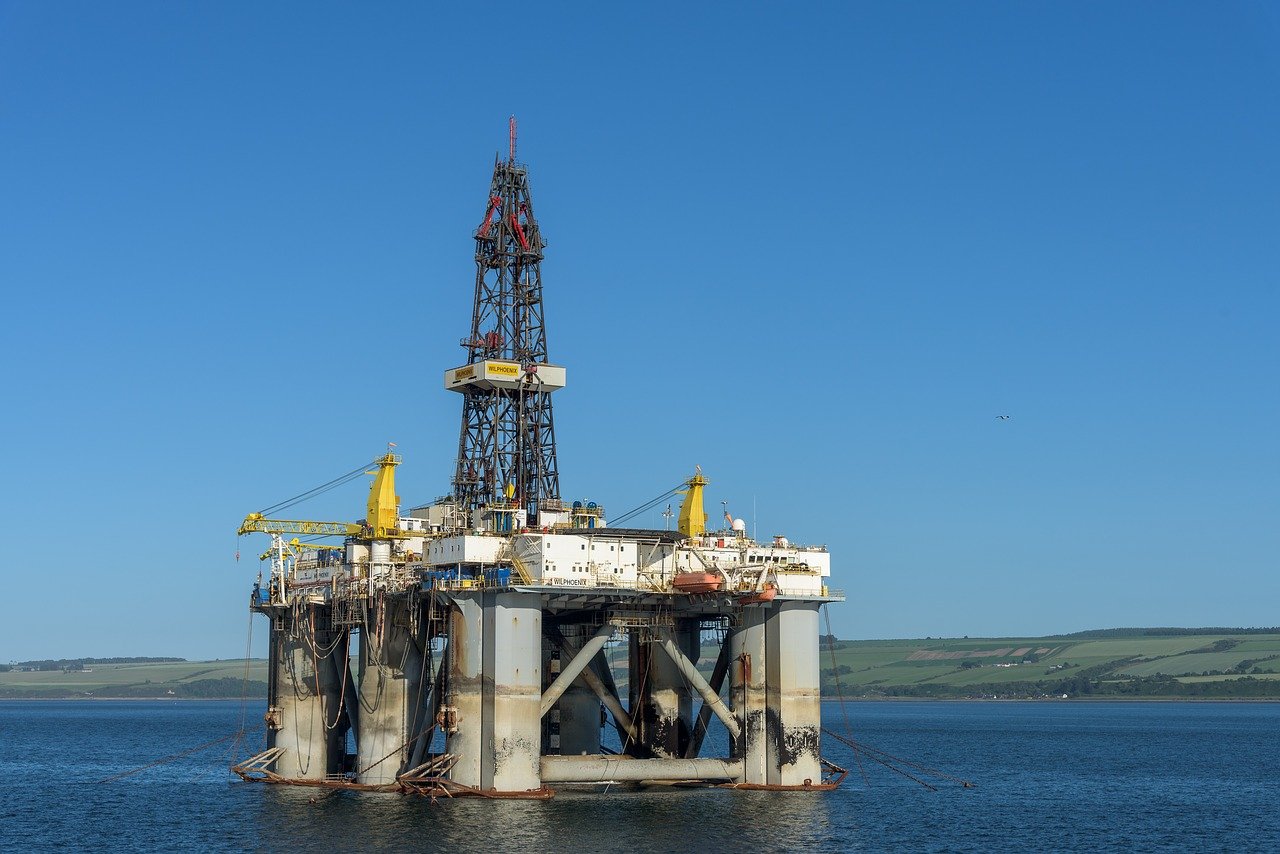
Oil price update: OPEC+ may delay output hike as it considers positive news on Covid-19 vaccine development.
The coalition will hold a two-day meeting Monday to discuss the next stage of its production policy.
A planned 2 million bpd January production ramp-up appears to face delay, based on market consensus, with analysts giving their insights on whether that would be for three months or six months.
Caroline Bain, chief commodities economist at Capital Economics, stressed that meetings on Monday and Tuesday would not unlock any surprises, saying an extension of the production cut is possible.
“We now think that the oil price (Brent) will stand at $60 per barrel by end-2021,” she said in a research note Friday, revising forecasts due to the encouraging vaccine trial data from pharma giants that could help reopen economies after the coronavirus crisis.
Meanwhile, Ron Smith, an oil and gas analyst at BCS Global Markets, is optimistic about prices, especially on a six-month view. He said in an email to CNBC that oil could be at mid-$50s by the end of 2021.
However, Smith and Bain stress that OPEC+ will be observing U.S. shale producers. The U.S. industry is considered a crucial swing supplier in global markets and has been an issue in the side of OPEC for the last decade.
″(Rig activity) was rising steadily this fall, even before oil began its most recent rally. We think that as oil prices head towards $50/bbl, a key inflection point may be crossed, accelerating U.S. oil drilling activity and, with a small lag, oil production,” Smith said.
“We are watching OPEC+, which in turn is likely watching for any reaction from U.S. shale producers,” he added.
Bain also said that a recovery in U.S. production, as well as the return of “some” OPEC+ supply, will be a basis on oil prices someday.
OPEC meeting on oil price, production
In April, the OPEC meeting led to an agreement among countries that they will cut oil production as the coronavirus pandemic drains demand for crude.
Almost all oil-producing nations agreed to cut oil production due to low demand caused by the COVID-19 outbreak. However, Mexico refused to join and commit to its share of the cuts.
Meanwhile, Saudi Arabia and Russia, members of OPEC+, pledged to cuts that would take 10 million barrels per day offline.
By January 2021, the cuts would taper to six million barrels per day, which would stretch into April 2022, OPEC notes.
“Although 10 million bpd will help the market on the short term to not fill up storage, it is a disappointing development for many, who still realize the size of the oil oversupply,” said Rystad Energy’s head of oil markets Bjornar Tonhaugen.
“Covid-19 is an unseen beast that seems to be impacting everything in its path,” OPEC Secretary General Mohammad Barkindo said at the meeting. “For the oil market, it has completely up-ended market supply and demand fundamentals since we last met on 6 March,” he added.






